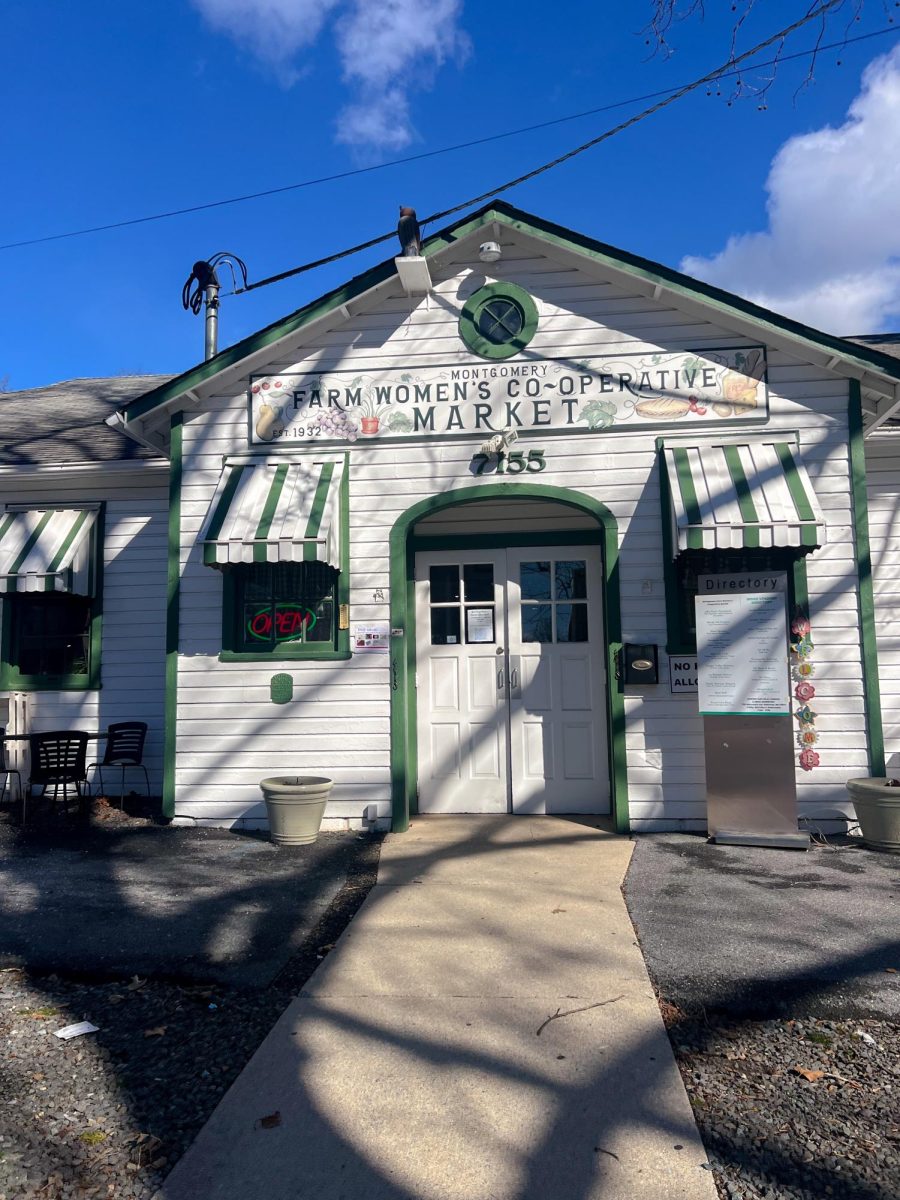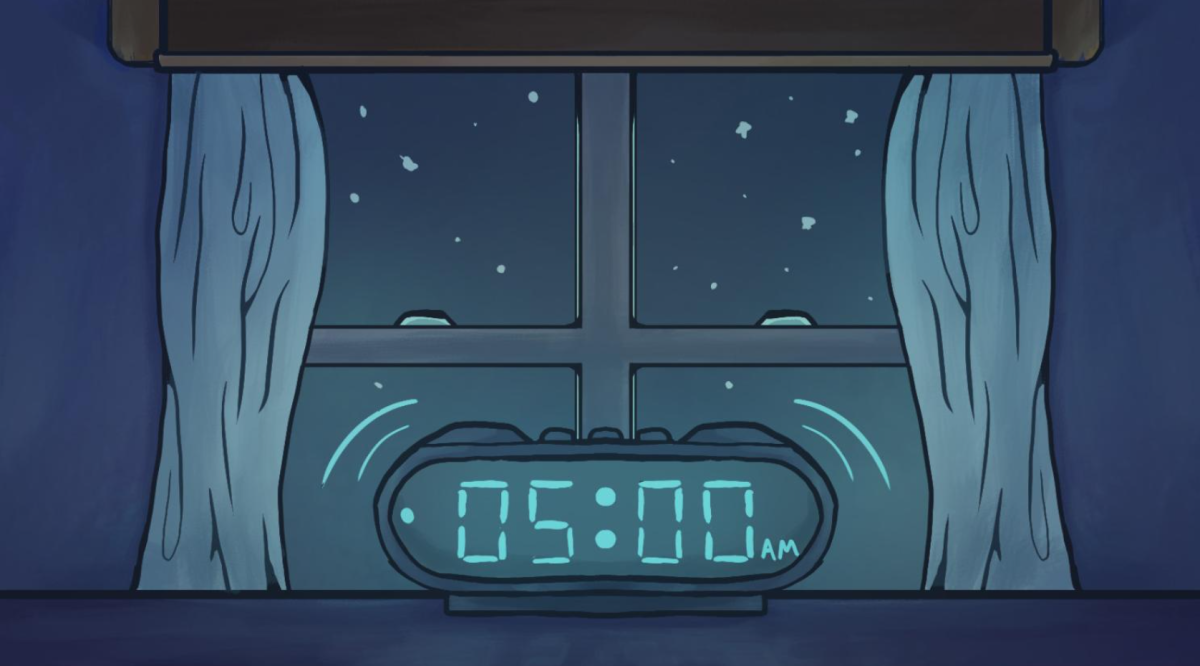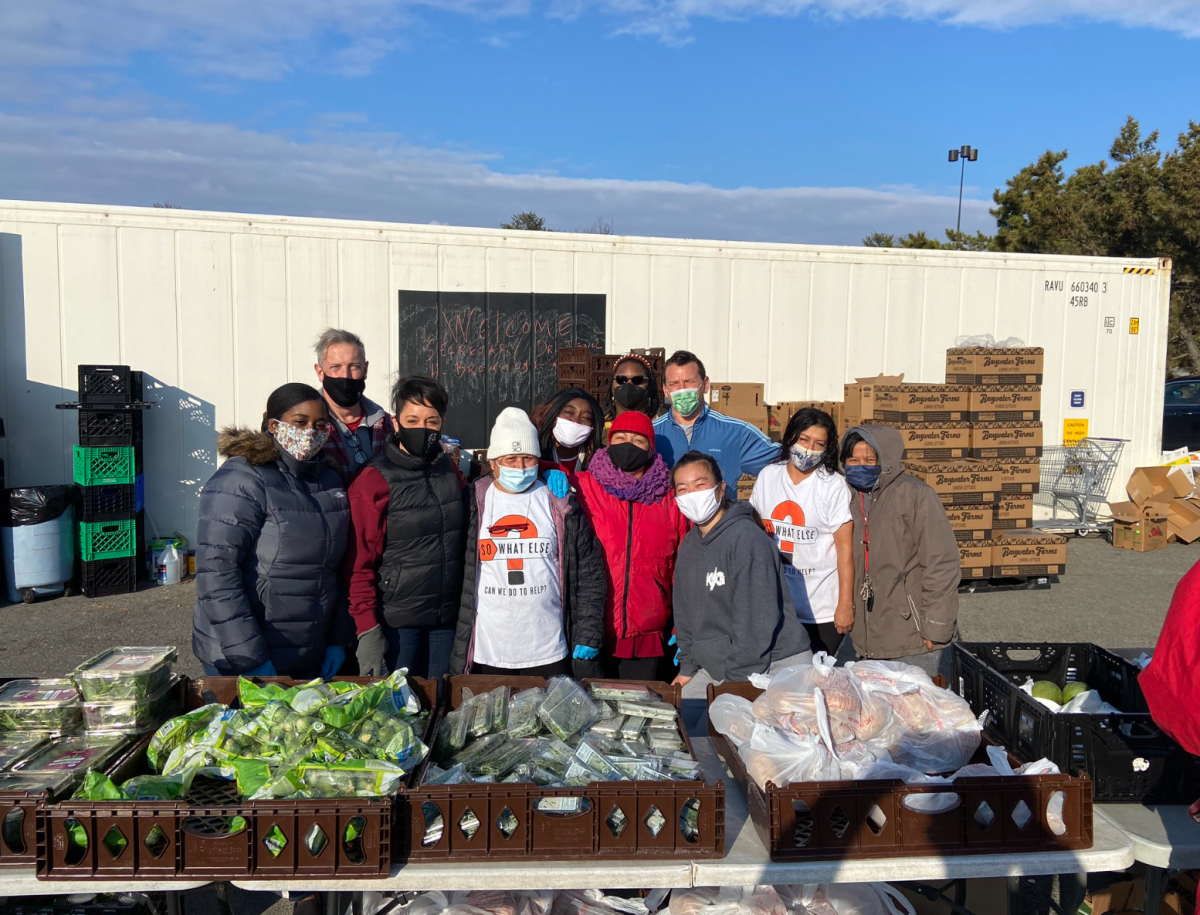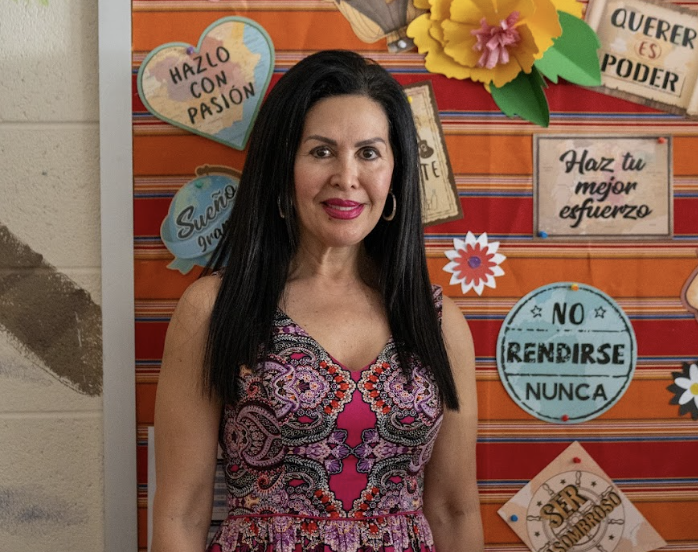In the thick of the Great Depression, Montgomery County farmers struggled due to a drop in farm prices and a heavy drought. Amid this economic downturn, 19 female farmers came together with an idea: a market to sell their farms’ best products at reasonable prices.
At the time, the University of Maryland Extension Service collaborated with Montgomery County and the U.S. Department of Agriculture to instruct women in “scientific” methods through Home Demonstration Clubs. Through those clubs, the women learned food preservation, child-rearing, consumerism, cooking, nutrition, women’s and family health and home and farm management. After completing the classes, they gained the support of the University of Maryland Extension Service and the Club Council to launch their market.
The women prepared themselves and their products for the marketplace for two years. They worked with various nutritionists and agriculturists in the early days of the market to standardize their production and ensure they were selecting the best products to sell. The founders posted various advertisements throughout D.C. to recruit female vendors that could sell jellies, jams, sweet treats and canned fruits at the market.
On Feb. 4, 1932, the first day of sales took place in a vacant store on Wisconsin Avenue. Nineteen women participated, each with her display counter and goods. By the end of opening day, almost everything sold out. Blanche Corwin, one of the market’s leaders, leased the location in Bethesda for most of the summer, after which the market moved to a tent nearby. The women needed a more permanent location, leading them to search for a venue in Edgemoor. However, some Edgemoor citizens strongly opposed the market joining the neighborhood, which proved difficult for the women’s efforts.
In addition to the struggle to find a permanent location for the market, the women encountered conflict with the controversial firing of Corwin from her position at the extension service. Corwin’s bosses felt she was devoting too much time to the market at the expense of her other job, and was fired as a result. In response, some women in the group chose to work with Edythe M. Turner, the Extension Service and the new Home Demonstration Agent — the group running the market. The rest protested the dismissal of Corwin, though their efforts ultimately proved unsuccessful.
After obtaining a $50,000 loan in 1935, the co-op finally purchased its current establishment on Wisconsin Avenue. Vendor Harry Easton, who has worked at the market for over 50 years, feels the market is a part of his family’s history, especially given that his grandmother joined in 1935.
“The farm women started the market during the depression [and] helped the family farms they had in their hands because it meant all the world to them,” Easton said. “So that’s why you only started to see one like it in the world. That’s pretty much the start.”
The market’s vendors sell anything from produce, meats and baked goods to flowers, homemade jewelry and paintings.
Vendor Jennifer Warmuth has a stand for her coffee business, Swing’s Coffee, at the market. Eighteen years ago, Warmuth and her husband bought the business from the Swing family, who established it in 1916. As part of her business, Warmuth also sells artwork, like canvases and mugs, that she makes with her mother.
“We’re at the farmers market because our history fits in well with the market’s history,” Warmuth said. “It’s also an opportunity to introduce our brand to new customers.”
In past years, particularly post-COVID-19, the farmer’s market hasn’t grown as much as it used to, junior Zoe Verhoven said. Verhoven worked at Plant Masters, a flower shop at the market, and noticed the impacts COVID and the weather often had on the number of customers.
“COVID also had a lot of effects on the people coming in. A lot of our elderly customers, because of COVID, don’t want to risk going outside,” Verhoven said. “I remember one Sunday we counted how many sales we had, and we had 30, which is not that much especially compared to other local markets.”
Despite the drop in customers, The Montgomery Farm Women’s Co-operative Market lies in the heart of Bethesda Row. What was once a thriving collective of businesses now lives in the shadow of mainstream grocery stores like Whole Foods, Giant and Trader Joe’s. Senior Will Mayo has visited the Farm Women’s Market several times with his father and described how the market is often undervalued because of its appearance.
“The building doesn’t look very open so a lot of people on the days that it’s closed, don’t think that it exists anymore. I definitely think it’s not a place that a lot of people know,” Mayo said. “There’s so much in there, just looking at the building there’s a lot more shops inside than there seems. It gets overlooked for sure, but it’s definitely amazing and needs to be taken advantage of.”
From farming in rural Maryland to launching a business in Bethesda, the market has brought people together and gathered many loyal customers over the years. To this day, the Montgomery Farm Women’s Co-operative Market remains Montgomery County’s oldest farmer’s market. Verhoven enjoys working with other vendors and getting to know the customers who come in each week.
“It’s very supportive, all the vendors are friends with each other like I became,” Verhoven said. “I started to like seeing regular customers that I would always talk to. It’s very welcoming, and really just a nice sense of community.”

















